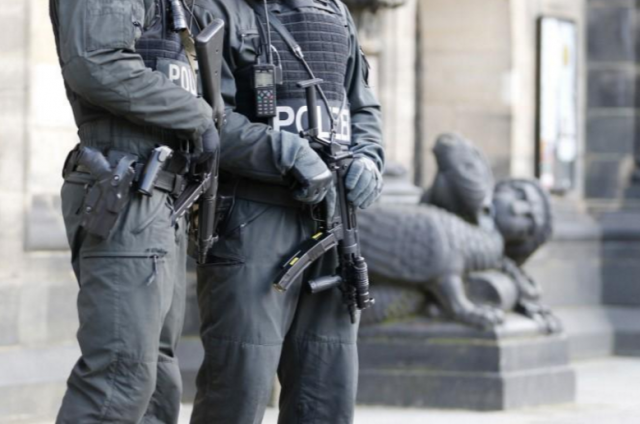
BERLIN – Young male refugees in Germany got the blame on Wednesday for most of a two-year increase in violent crime, adding fuel to the country’s political debate over migrants.
Violent crime rose by about 10 percent in 2015 and 2016, a study showed. It attributed more than 90 percent of that to young male refugees.
It noted, however, that migrants settling from war-torn countries such as Syria were much less likely to commit violent crimes that those from other places who were unlikely to be given asylum.
Migration will be a key issue in forthcoming coalition talks between Chancellor Angela Merkel’s conservatives and the centre-left Social Democrats (SPD). The arrival of more than a million migrants since mid-2015 hurt both parties in last September’s election.
The government-sponsored study showed a jump in violent crime committed by male migrants aged 14 to 30.
Christian Pfeiffer, a criminology expert and one of the study researchers, told Deutschlandfunk radio there were huge differences between various refugee groups depending on where they came from and how high their chances were of staying and gaining legal status in Germany.
Asylum seekers who are regarded as war refugees who have relatively good chances of staying in Germany tend to avoid trouble more, the study found.
Around 17 percent of violent crimes in Lower Saxony that were attributed to refugees, for example, were suspected of being committed by North African asylum seekers who made up less than 1 percent of the state’s registered refugee population. North African asylum seekers have relatively slim chances of obtaining legal status in Germany.
“The situation is completely different for those who find out as soon as they arrive that they are totally undesirable here. No chance of working, of staying here,” Pfeiffer said.
The study said reuniting refugees with their families by allowing them to come to Germany too could help to reduce violence. Such reunions look set to be a particularly contentious issue in talks about a new coalition government.
The predominantly young male majority of refugees live in Germany without partners, mothers, sisters or other females whom the study sees as a “violence-preventing, civilizing force.”









